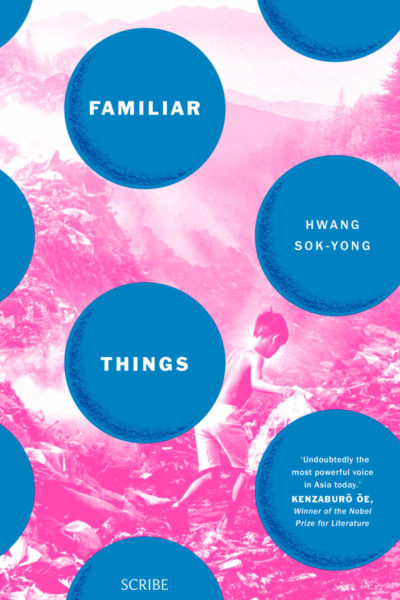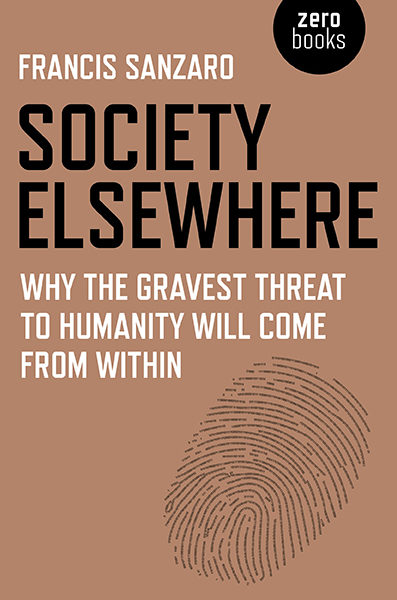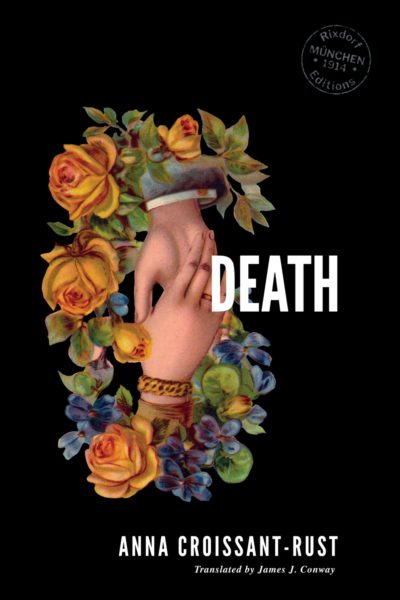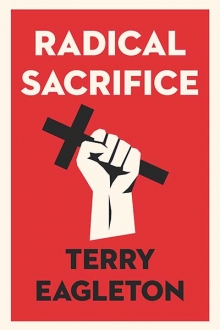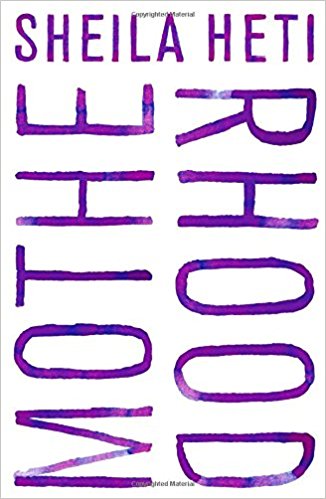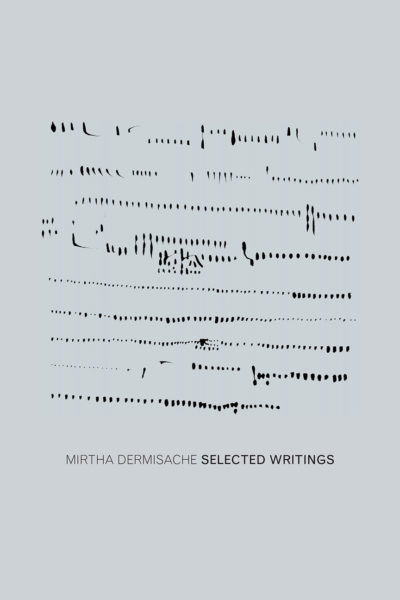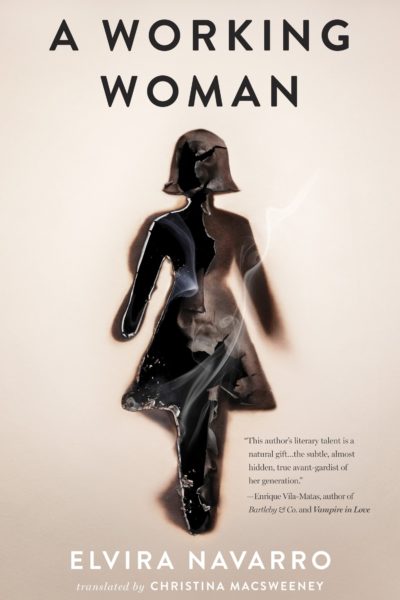Familiar Things – Hwang Sok-Yong
FAMILIAR THINGS by renowned South Korean author Hwang Sok-Yong offers a vivid reminder that our mountains of detritus are also a human issue.
Society Elsewhere – Francis Sanzaro
More or less everyone nowadays runs the risk of becoming one of the socially discarded.
I’ve been thinking about death a lot. It’s hard not to when you’re carrying around a small, black volume wearing its name.
The Solitary Twin – Harry Mathews
To fully appreciate the fiction of Harry Mathews, we must take the notion of “game” not in the sense used by many critics to imply frivolity and lack of purpose, but as an activity that poses a challenge.
Adventure Hooks – Tyler Crumrine
these are adventure hooks, they are jumping off points / you read them and they lay the groundwork for a variety of quests
Radical Sacrifice – Terry Eagleton
The dust jacket claims that Radical Sacrifice “distils the essence of Eagleton’s later thought,” but at the outset it seems like that later thought is stuck in an era now long past.
I am not here specifically to defend Heti’s section breaks, jumping points, or digressions, though I may in parts do just that. What I am here to do is consider how the criticism of this book plays right into a larger story Heti is telling.
Ultra-Cabin – Kimberly Lambright
We might read holding the world in the back of our minds as a way of negotiating between what is promising and what can hurt us.
Selected Writings – Mirtha Dermisache
Think of this “book” as a primer that instructs us in nothing other than how to brilliantly rearrange loops, humps, and strokes.
A Working Woman – Elvira Navarro
A review must mostly just be a curved letter to the author.


